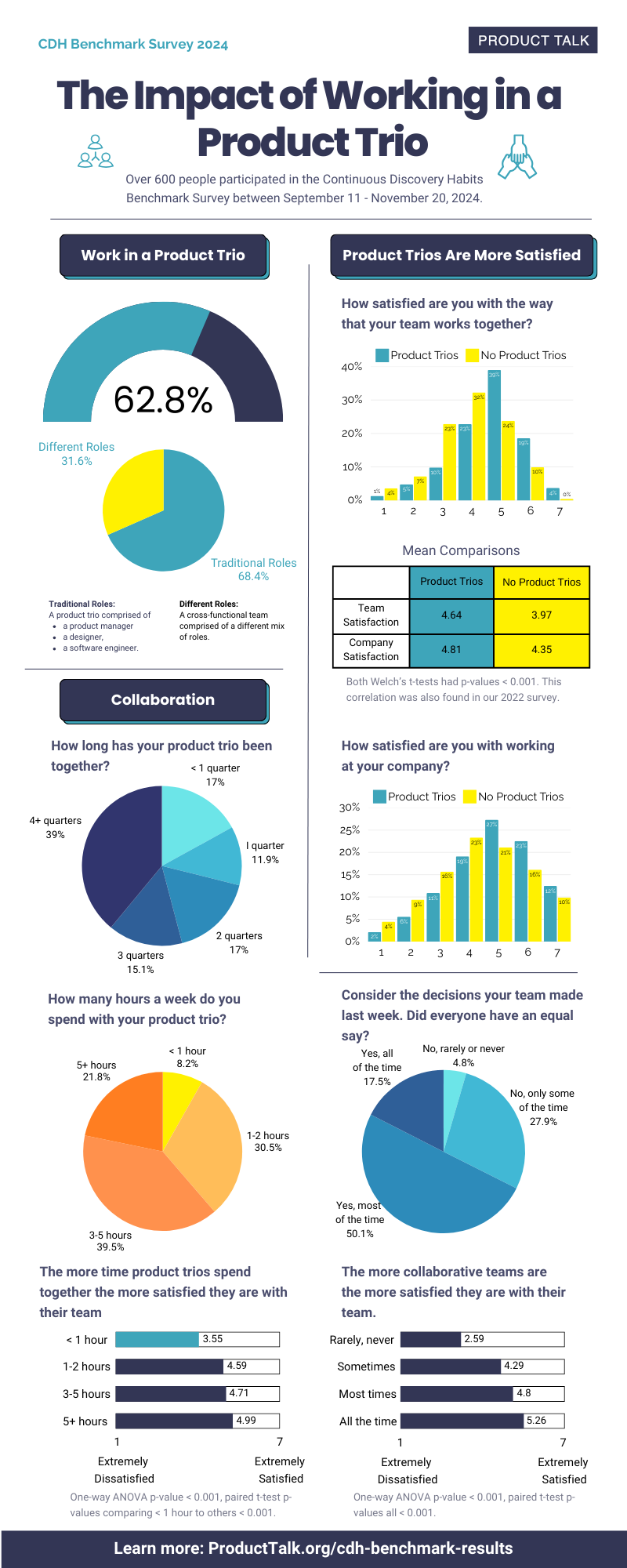Scammers Are Using AI to Impersonate Government Officials
Don't fall for this "vishing" scam.

If you get a text or voice message from someone claiming to be a U.S. government official, they probably aren't who they say they are. The FBI is warning the public about an ongoing campaign in which scammers are using AI-generated voice messages to impersonate senior government staff in an attempt to gain access to personal accounts and, by extension, sensitive information or money.
Many of those targeted have been other current and former government officials—both federal and state—and their contacts, but that doesn't mean this scam or something like it won't land in your inbox or on your phone sooner or later. Here's how these AI-powered attacks work, and how to avoid falling victim.
How the AI impersonation scam works
The current scam can take the form of smishing, which targets individuals via SMS or MMS, or vishing, which uses voice memos. Either way, bad actors are sending AI-generated voice messages and/or texts that appear to be from senior U.S. government officials. The goal is to build trust before directing targets to a separate messaging platform via a malicious link, which ultimately ends with you entering login credentials or downloading malware to your device. Scammers may also use the information gathered to target additional contacts, perpetuating the campaign.
These scams are believable on some level thanks to voice cloning and generative AI tools that allow anyone to easily impersonate public figures. Bad actors can also spoof phone numbers so that messages in smishing schemes appear to be from family, friends, or trusted contacts.
How to spot fake vishing messages
While AI-generated speech can be convincing, there are ways to identify these messages as fake. Listen for pronunciation and pacing that sound off as well as the presence (or lack) of emotion and variation in the speaker's voice—for example, AI tends to sound slightly flatter and have less inflection than a real human, and you may detect odd pauses.
Of course, you should be wary of any communication—voice or otherwise—from anyone claiming to represent an organization, including a government agency, especially if they send unsolicited links, request money or personal information, or promote a sense of urgency.
If you do receive a message that sounds convincing, verify the caller's identity by searching for official contact information and calling back, or hang up and reach out directly if it's someone you know. You should always independently confirm any request to send money or provide information, and never click links or download attachments sent via email or text. The FBI also suggests selecting a secret word or phrase with your close contacts that you can use to verify their identities from AI.





































































































![Building A Digital PR Strategy: 10 Essential Steps for Beginners [With Examples]](https://buzzsumo.com/wp-content/uploads/2023/09/Building-A-Digital-PR-Strategy-10-Essential-Steps-for-Beginners-With-Examples-bblog-masthead.jpg)













![How to Use GA4 to Track Social Media Traffic: 6 Questions, Answers and Insights [VIDEO]](https://www.orbitmedia.com/wp-content/uploads/2023/06/ab-testing.png)







![Technical Sourcer [United Kingdom] at Olo](
https://nodesk.co/remote-companies/assets/logos/olo.e9c56827507b669046f71750846f8032542be84192a2248413f8421b2e5a2769.jpg
)



























